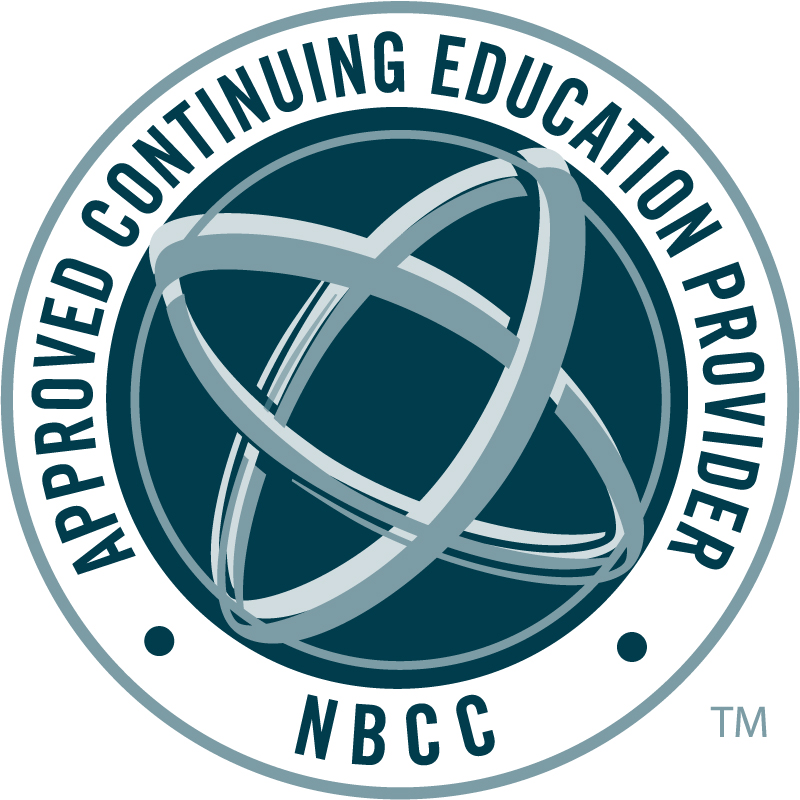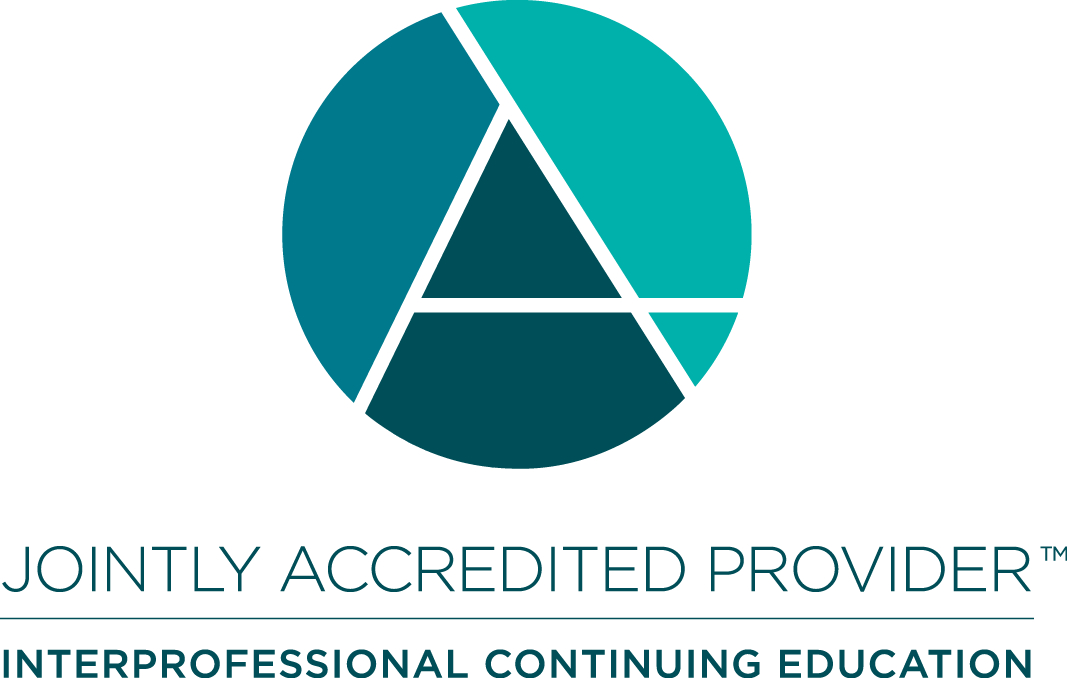Improving Cultural Competency for Behavioral Health Professionals
Learn how to better respect and respond to your client's unique needs in this free, online training.
This course is under review for updates. The content is available to you to complete training requirements while we continue working to post an updated version of the course.
ABOUT THIS PROGRAM
Cultural and linguistic competency is recognized as an important strategy for improving the quality of care provided to clients. The goal of this free e-learning program is to help behavioral health professionals increase their cultural and linguistic competency.
- In Course 1, An introduction to cultural and linguistic competency, you'll learn what culture has to do with behavioral health care.
- In Course 2, Know thyself – Increasing self-awareness, you'll learn how to get to know your cultural background and how it affects your work with clients.
- In Course 3, Knowing others – Increasing awareness of your client's cultural background, you'll learn how to get to know your client's cultural background.
- In Course 4, Culturally and linguistically appropriate interventions and services, you'll learn how to build stronger therapeutic relationships with clients from all backgrounds.
The estimated time to complete all 4 Courses is between 4 – 5.5 hours.
Credit Information
This program is approved for 4 – 5.5 contact hours for counselors, nurses, psychologists, psychiatrists, and social workers. Other professionals may earn a Statement of Participation.
Click on each box below for more information.
Learning Objectives
After completing this continuing education activity, participants will be able to:
- Describe how culture and cultural backgrounds are related to behavioral health and behavioral health care.
- Describe the principles of cultural competency.
- Discuss how our background can affect the therapeutic relationship.
- Discuss ways to learn more about a client's cultural background.
- Describe how assumptions can affect the therapeutic relationship.
- Explain how culture can influence help-seeking behaviors.
- Describe how communication styles can differ across cultures.
- Identify strategies to reduce errors during assessment and diagnosis.
- Explain how to elicit a client's explanatory model.
How to Obtain Credit
For successful completion of this activity and to obtain contact hours, the learner must register on this site, review the individual modules/content, obtain a minimum post-test score of 80%, and complete the course evaluation. Certificates and statements of credit are immediately available on the My Progress page.
Original Release Date: May 1, 2019
Last Date of Review: May 1, 2019
Estimated Time to Complete this Activity: 4 – 5.5 hours
Issues
To discuss issues with this program, please contact the ACEP Administrator:
Amanda Gashel
amanda.gashel@gdit.com
Help Desk number is (833) 485-1664
CAPT Tarsha Cavanaugh, PhD, MSW, LGSW
ACEP Program Administrator
Office of Minority Health, U.S. Department of Health and Human Services
C. Godfrey Jacobs, BA
Senior Program Manager
Health Determinants & Disparities Practice
General Dynamics Information Technology
Jennifer Kenyon, BA
Research Analyst
Health Determinants & Disparities Practice
General Dynamics Information Technology
Karolina Schantz, MPH
Research Analyst
Health Determinants & Disparities Practice
General Dynamics Information Technology
Amanda Gashel, BSN, RN
ACEP Program Administrator
Technical Project Manager
Health Determinants & Disparities Practice
General Dynamics Information Technology
Kameisha L. Bennett, MA
HHS Substance Abuse and Mental Health Services Administration
Tenly Pau Biggs, MSW, LGSW
HHS Substance Abuse and Mental Health Services Administration
Joyce P. Chu, PhD
Palo Alto University
Lillian Comas-Diaz, PhD
Transcultural Mental Health Institute
Holly Echo-Hawk
Echo Hawk & Associates
Joseph P. Gone, PhD
University of Michigan
Gordon Nagayama Hall, PhD
University of Oregon
Lisa M. Hooper, PhD
University of Northern Iowa
Mario Hernandez, PhD
University of South Florida
Rachel Kaul, LCSW, CTS
HHS Office of the Assistant Secretary for Preparedness and Response
Frederick Leong, PhD
Michigan State University
Francis Lu, MD, DLFAPA
Kim Professor in Cultural Psychiatry, Emeritus, UC Davis
Jeanne Miranda, PhD
University of California – Los Angeles
Roslyn Holliday Moore, MS
HHS Substance Abuse and Mental Health Services Administration
Patti Rose, EdD
University of Miami
Tonia Schaffer, MPH
HHS Substance Abuse and Mental Health Services Administration
Erlanger “Earl” Turner, PhD
University of Houston


